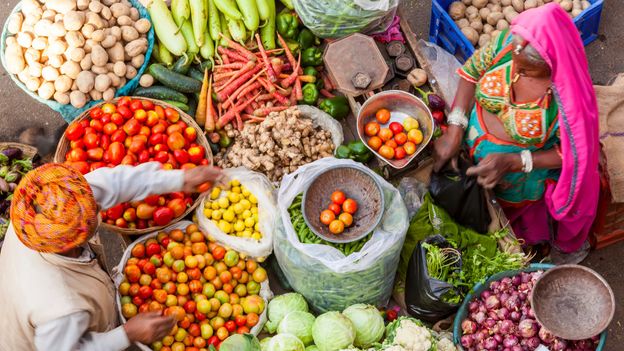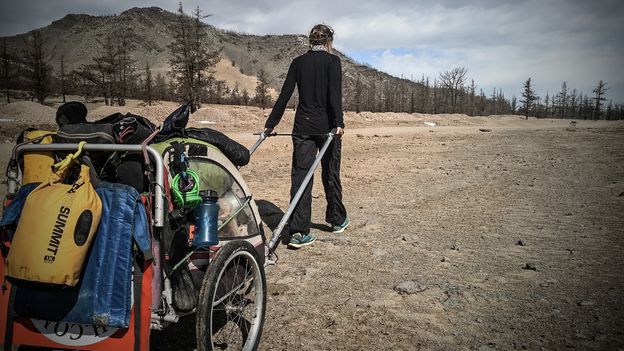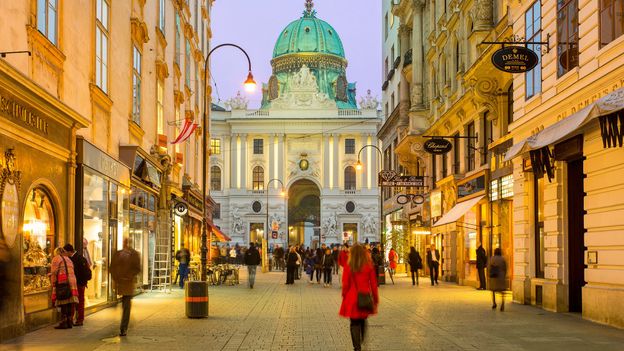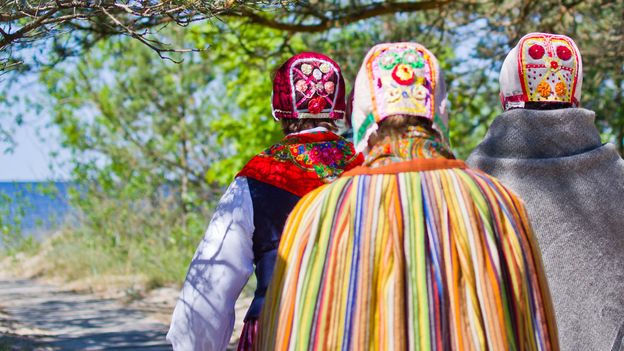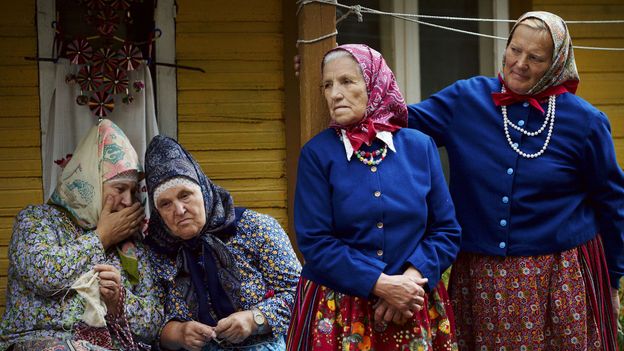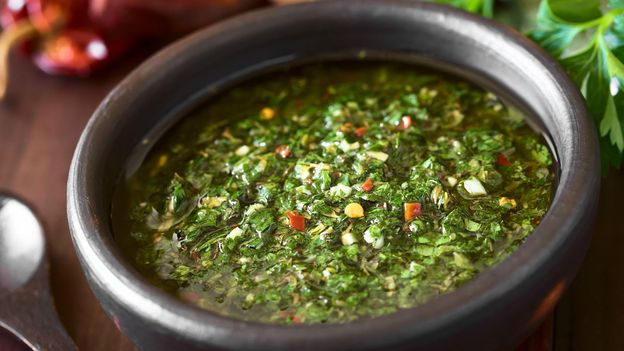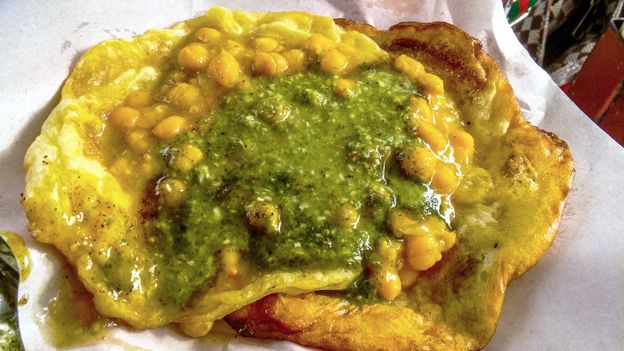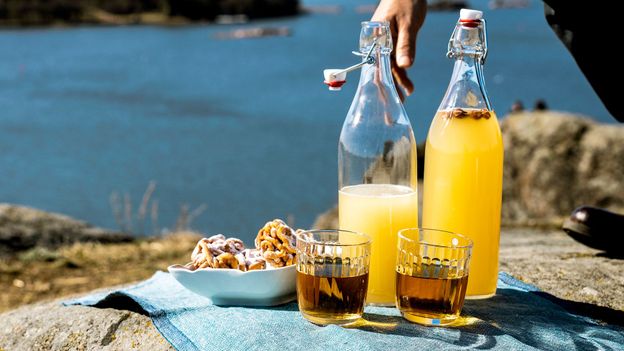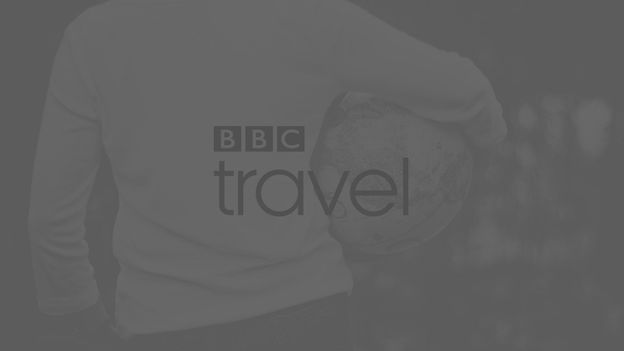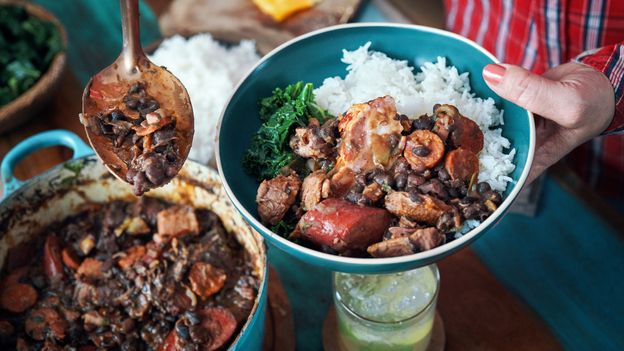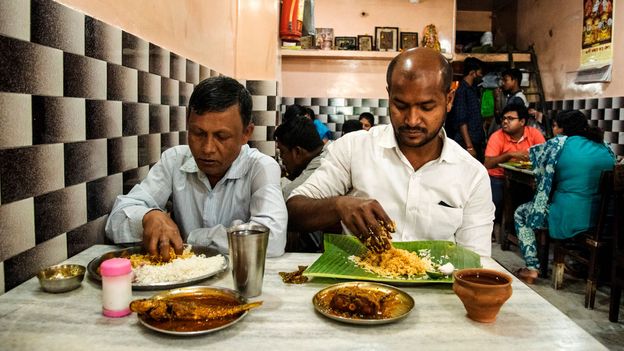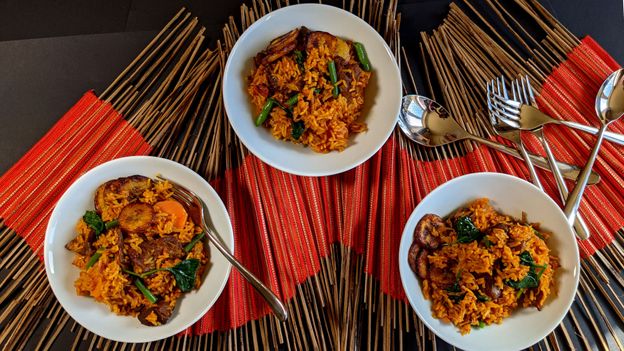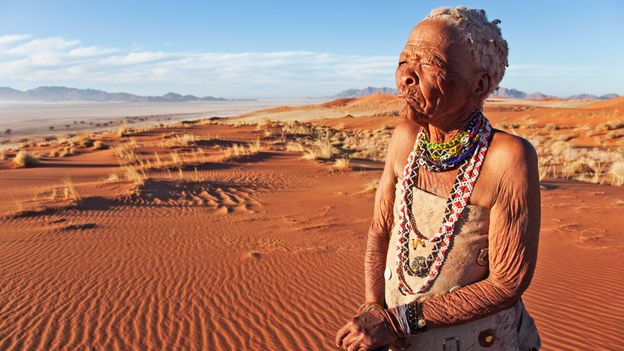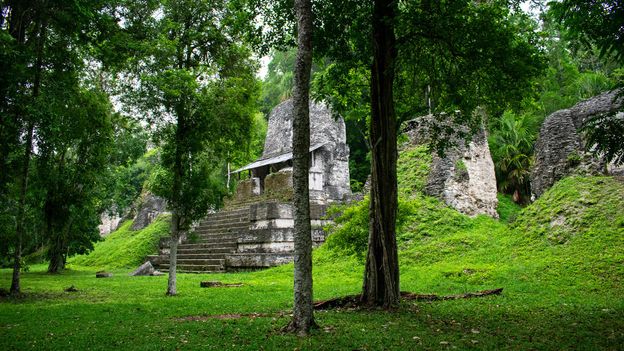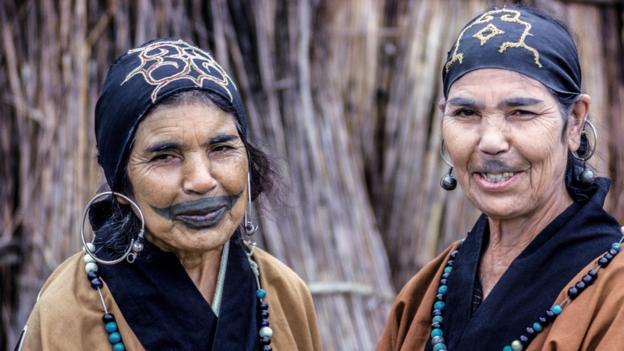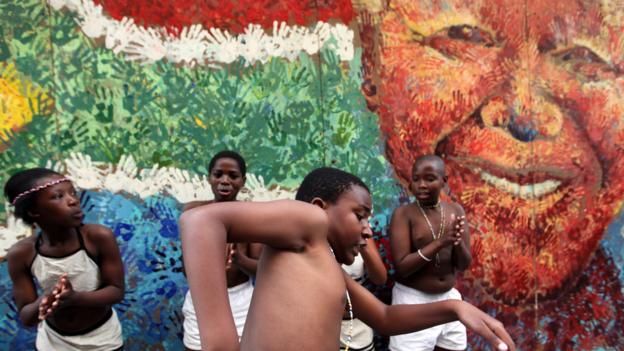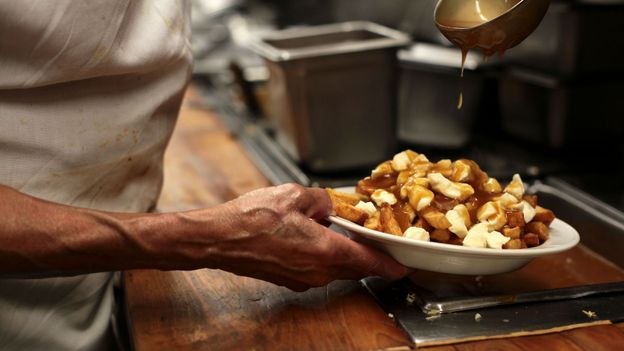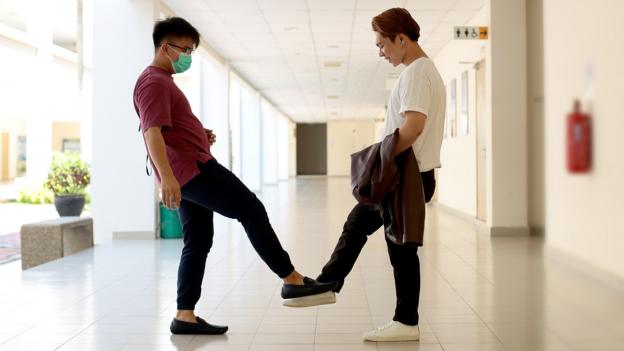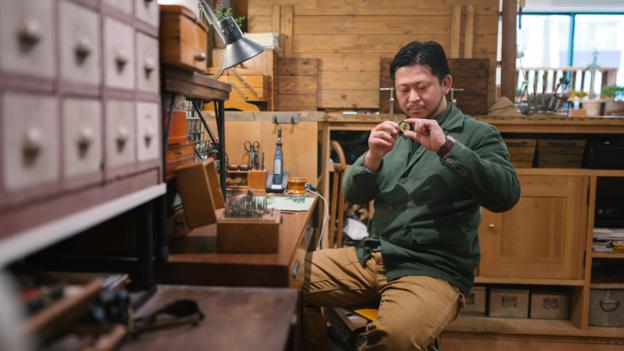Golden flames danced their way around the bar along a narrow trail of whisky. Moments later, the tattooed bartender wearing a leopard-print leotard climbed onto the wooden countertop and began gyrating to the choppy beats of AC/DC’s Back in Black, her moves captivating every eye inside the busy room. It was Saturday night in the loud and capricious Rock Box bar in Luxembourg City’s Rives de Clausen neighbourhood, a 12th-Century brewing district that’s been regenerated into an eclectic entertainment area. Another of my preconceptions about this curious city was going up in smoke.
Boring. Dull. A ghost town at weekends, I had read somewhere. Seldom mentioned in European travel guides and seemingly a haven of suited-and-booted bureaucracy on its occasional news channel appearances, the city seemed like a Frankfurt-esque financial hub that was all work and no play. My expectations were not high. But it wasn’t just the wild evening that had made me reconsider this unique city.
Twelve hours earlier, I had spent my first morning in Luxembourg’s capital walking along the Chemin de la Corniche, a promenade that gives a grand perspective of Luxembourg City’s dramatic topography. Its imposing, multi-level cityscape, complete with deep gorges and twisting roads amid dense trees and precipitous cliffs, formed an arresting panorama.
It doesn’t matter who you are or what you look like, you’re always welcome
Described by influential Luxembourgish writer Batty Weber as “the most beautiful balcony of Europe”, the promenade looks out across the crooked rooftops of the low-lying Grund neighbourhood, the snaking Alzette river and the lonely spire of the Église Saint-Jean-du-Grund. To the west are the imposing Bock Casemates, a natural fortress carved out of a cliff face that became one of Europe’s most strategic strongholds in the 17th Century. Earning Luxembourg City the nickname “The Gibraltar of the North”, they were designated a World Heritage site by Unesco in 1994. Distant bridges, tall viaducts and tumbling green hills complete the scene.
This city of valleys, plateaus and promenades had captured my attention, but, like many people, I still knew little about Luxembourg – which is perhaps an odd thing to say about one of Europe’s most prosperous countries.
Following the decline of its steel industry in the 1970s the country was forced to diversify, and wisely focussed on the services sector. Now, with the highest GDP per capita in the EU, Luxembourg has become a hugely attractive location to do business, thanks to its favourable tax structure, stable government and proximity to other large European financial centres. Housing offices for some of the world’s largest companies, its capital has become the focal point of this dynamic economic powerhouse.
That dynamism captured global headlines earlier this year when, in March, Luxembourg became the first country in the world to offer free public transport across the entire nation. Though largely a bid to solve Luxembourg City’s traffic congestion problem, it was a bold move and characteristic of the city’s drive. And as well as being eco-friendly, it also means visitors can travel quickly from the airport to the city centre on the modern tram network at no cost and without having to fumble for the right money.
But like me, Amanda Roberts, a former lawyer and now editor-in-chief of the English-speaking Luxembourg guide City Savvy Luxembourg, knew little about the city when she visited for the first time, ahead of a proposed move from her then-home of Brussels. “When I was studying for my Masters [degree], I had taken a trip for the courts to Luxembourg. I spent half a day here and it just looked so boring,” she told me. “I knew nothing and actually I was refusing to move.”
That was eight years ago, and since then the city (and country) have campaigned to inform people about its open and forward-thinking nature. Initiatives like free city-wide WiFi and a modern environmental action plan have signalled Luxembourg City’s 21st-Century ambition. The small country also boasts Europe’s second-lowest gender pay gap.
Yet Roberts isn’t the first person to have initial trepidation about moving to the city. “I honestly don’t think I could have found it on a map,” laughed Martin Jonsson, a Swedish native who has been living in Luxembourg City for four years. Jonsson noticed the “boring” talk early on among the sizeable expat community online. “A lot of people come from London, Paris and all these huge metropolitan places and to then compare those cities with Luxembourg City is unrealistic. I think you just have to be 10% more proactive here,” he explained.
You may also be interested in:
• The French republic no-one knows
• Asia’s surprising foodie capital
• Could this city be the new Rome?
And many young locals are proud of what the city has become in recent years. “I think it’s very underrated,” said Claudia Zaunz, a student and native Luxembourger who also teaches the national language, Luxembourgish, to English speakers. “It’s a beautiful city with history, culture, nightlife and good restaurants. It’s also a place that accepts anyone from anywhere,” she added. “It doesn’t matter who you are or what you look like, you’re always welcome.”
With French, German and Luxembourgish all recognised as official languages, its multi-faceted linguistic situation and plentiful job opportunities have made the capital a magnet for young professionals across the continent. And with English as an acceptable and prominent additional language used around many workplaces, that reach has spread globally.
In fact, while Luxembourg City only has a population of around 120,000, more than 70% of its residents are non-Luxembourgers. Within that number are citizens from 168 different countries, making it a remarkably diverse city, but with only a fraction of people typically found in other renowned “global cities”.
But as intriguing as this cocktail of cultures is, a significant chunk of the city’s workforce commutes from neighbouring countries, meaning the city centre is noticeably less busy at evenings and weekends. “That’s a huge problem,” said Sebastian Redekker, CEO of Visit Luxembourg. “It’s part of our campaign to motivate people to discover where they work,” he told me. “The feeling in the city is quite special. It’s not boring at all in terms of gastronomy and culture.”
With a number of hearty yet rich traditional dishes, that gastronomy has historically been a quirky reflection of its location in the heart of Europe. “French cuisine with German portions” is a tongue-in-cheek label that isn’t entirely inaccurate, but the city now boasts an array of premium restaurants that illustrate the capital’s vast cultural diversity, from Italian, Greek and Portuguese to Bangladeshi, Indian and Japanese.
One of the city’s biggest success stories in recent years is Chiche!, a thriving Middle Eastern restaurant that perhaps best sums up the capital’s dynamism and diversity. Syrian head chef Chadi employs cooks from Iraq, Afghanistan, Somalia and beyond, allowing chefs from abroad to integrate into Luxembourg life by offering them meaningful work that lets their talent shine. Starting as a pop up in 2015 and now expanded to two full restaurants, it’s an extraordinary story from a small but relentlessly enterprising and open-minded city.
“There’s so much opportunity to bring something from your own country that doesn’t already exist or to create something new,” said Roberts. Not bad for a boring city that’s difficult to spot on a map.
“Initially I was like ‘there’s no way I’m moving to Luxembourg’,” she laughed, looking back. “I was really adamant and it’s so funny now because I would never leave.”
Comeback Cities is a BBC Travel series that showcases under-the-radar capitals, champions the urban underdogs and revels in the success stories of cities that have turned their fortunes around.
Join more than three million BBC Travel fans by liking us on Facebook, or follow us on Twitter and Instagram.
If you liked this story, sign up for the weekly bbc.com features newsletter called “The Essential List”. A handpicked selection of stories from BBC Future, Culture, Worklife and Travel, delivered to your inbox every Friday.


